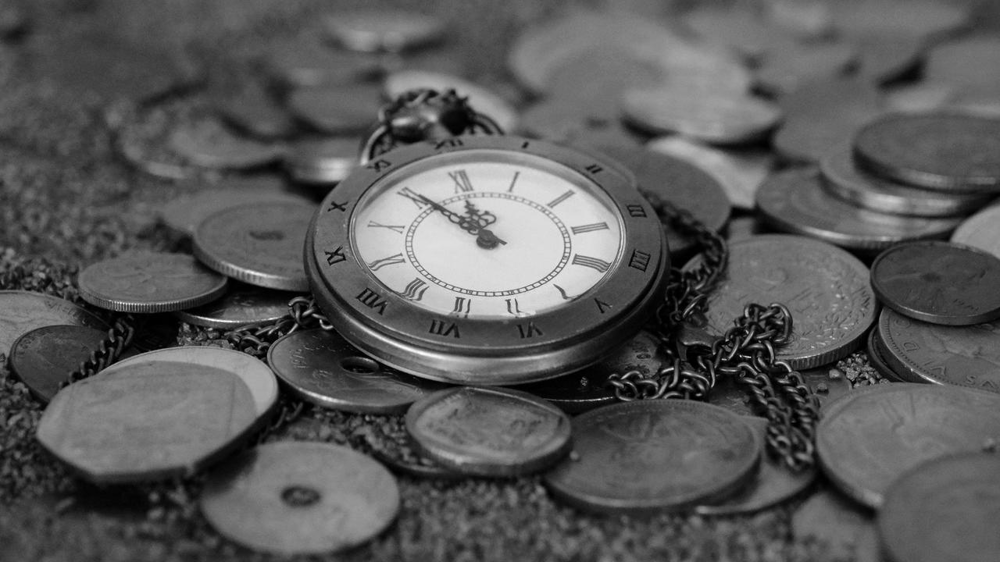Time banking is a revolutionary FinTech concept where people trade hours of service instead of money, fostering financial inclusion—especially in underbanked communities. Platforms enable users to earn time credits by offering skills or help, which they can then spend on other services.

While blockchain and wallets are revolutionizing our mindset towards money at this juncture, there's another more subtle but just as revolutionary financial tech that's gaining ground—time banking. It's a system that poses a radical question: What if money is not the sole unit of value in your life? What if your time and talent could purchase for you everything you require?
In 2025, while inequality intensifies and mainstream finance continues to be exclusive of the marginalized, time-as-currency systems are becoming the main act as systems of inclusion, dignity, and trust. They don't simply reimagine the economy— they rebuild it on human value.
What Is Time Banking?
Time banking is an exchange system where time is the currency. One time credit per hour of service you offer—such as assisting someone with a move, teaching guitar, or designing a logo—is how it works. You can exchange it for service from others in the network.
The philosophy behind it?
"Everybody's time is equal—no matter if you're a lawyer, a carpenter, or a retired teacher."
This idea originated in the 1980s but is being revitalized with fresh OTT introductions of mobile apps and blockchain platforms that enable, authenticate, and project these transactions in a never-before-seen way.
A Lifeline for the Underbanked
Over 1.4 billion people worldwide are still unbanked, and even more are underbanked—without loans, insurance, or credit history. They possess time as the only asset they can consistently provide.
Time-based economies enable:
- Zero-interest, collateral-free exchange
- Non-credit-score, non-judgmental platforms
- Community-scale cooperation and trust
In developing or disaster-prone areas, time banking is a survival mechanism, turning neighbor-aiding-neighbor into organized, scaled aid.
How Does It Work?
The majority of time banking platforms work with a simple model:
Sign Up & List Your Skills: Members join a platform and specify what they can do—childcare, tutoring, machinery repair, elder care, etc.
Provide Service: They answer calls in their neighborhood and provide their service.
Earn & Spend Time Credits: A credit is earned for each hour they provide, which can be exchanged for an hour of another's time.
New platforms such as TimeRepublik, Hourworld, and new blockchain systems enable:
- Real-time matching
- Reputation tracking
- Transparent, fraud-proof transactions
Some even incorporate location-based, availability-based, and history-based AI-based recommendations.
FinTech Innovation Meets Local Resilience
This is FinTech with heart—no disruption for profit, but innovation for access.
Future startups are combining:
- Blockchain to make immutable, secure books of transactions
- Smart contracts to automate service contracts
- Decentralized IDs for users who have no state-issued IDs
Examples:
TimeChain (Conceptual): Decentralized network for cross-border trading of time credits.
SkillLoop: Real-world application where freelancers exchange hours worked without having to touch fiat currency.
HelpXchange: An online bartering network for digital nomads to exchange hours for travel or accommodation services.
Future Potential: Will Time Replace Old Money?
The possibilities are mind-boggling:
In Education: Students might earn credits by instructing others and spend them on mentorship or career guidance.
In Healthcare: Communities might trade time credits to assist with caring for the elderly or disabled.
In Emergencies: Disaster zones might marshal assistance quicker than sluggish bureaucracy ever could.
Also, in a world where AI and automation are reshaping the very definition of work, time banking may redefine "being economically valuable."
❤️ A Human-Centered Economy
Time banking doesn't trade for dollars—it heals people. It brings people together with purpose, raises dignity above digits, and rebuilds trust in a system where everyone's equal.
Imagine a world where:
Your grandmother's storytelling gets her a ride to the clinic.
One student takes a time credit to learn Spanish and repairs your website.
A farmer's crop is a painting lesson for his child.
It's not utopia. It's just a new economy—where time is the capital we share.
Final Thought
In a society that prizes speed, money, and material things, time is the one asset we all own on an equal basis. Selling it may be the most daring, most generous, and most intelligent FinTech innovation so far.